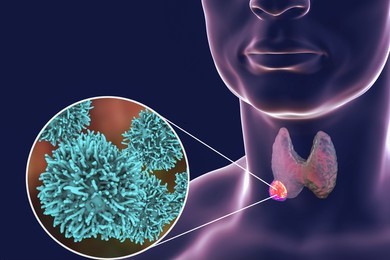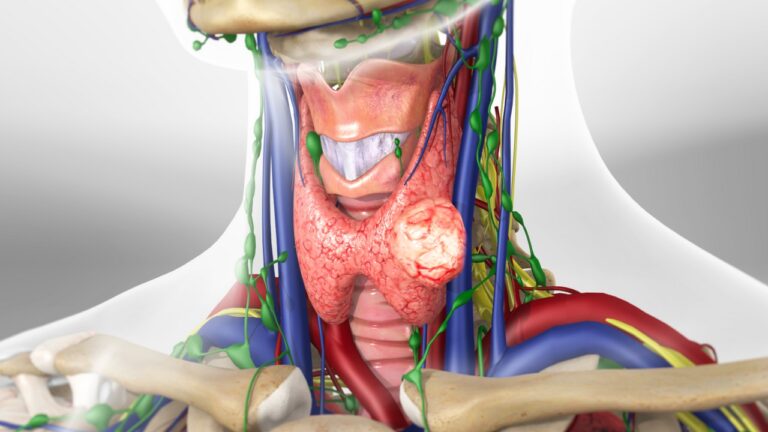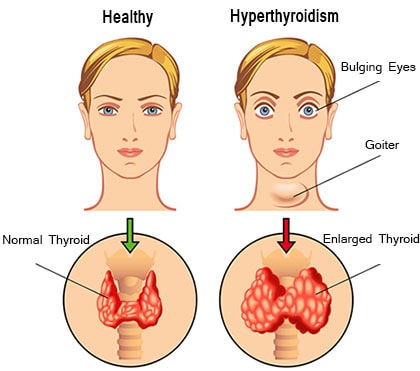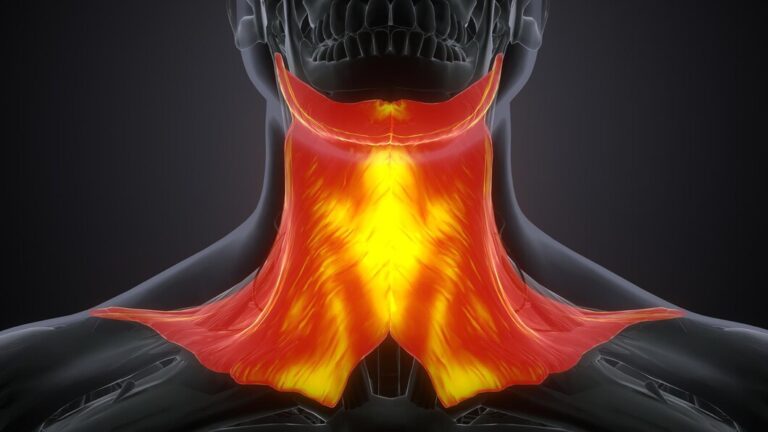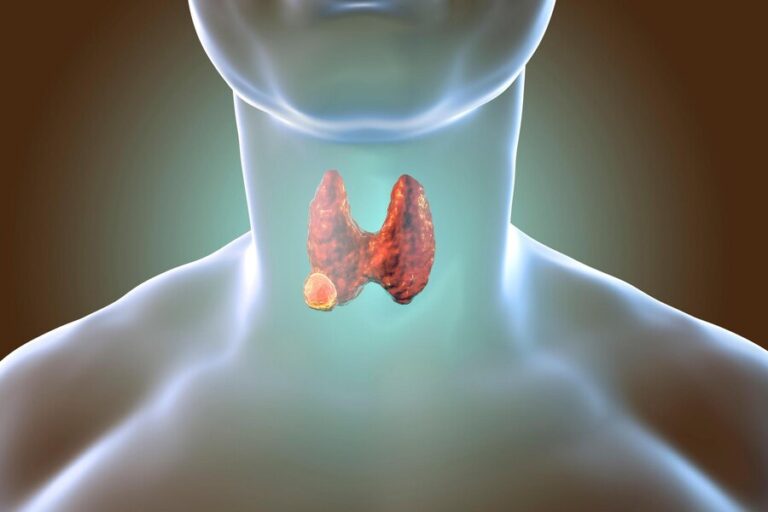Everything You Need To Know About Thyroid Tumours
Thyroid tumours, although relatively common, often evoke fear and uncertainty due to their association with the thyroid gland, a vital regulator of metabolism and hormone production in the body. Understanding thyroid tumours, including their types, causes, symptoms, diagnosis, treatment, and prognosis, is crucial for patients, caregivers, and healthcare professionals alike. This comprehensive guide aims to provide an in-depth overview of thyroid tumours, empowering individuals with the knowledge to navigate this complex medical condition.
Introduction to Thyroid Tumours
The thyroid gland, located in the front of the neck, plays a pivotal role in regulating various bodily functions, including metabolism, growth, and development. Tumours affecting the thyroid can arise from different cell types within the gland, leading to a diverse range of conditions.
Types and Classification
Thyroid tumours can be broadly classified into benign (non-cancerous) and malignant (cancerous) types. Benign tumours include thyroid adenomas and thyroid nodules, while malignant tumours comprise thyroid cancer, the most common type being papillary thyroid carcinoma, followed by follicular thyroid carcinoma, medullary thyroid carcinoma, and anaplastic thyroid carcinoma.
Causes and Risk Factors
The exact causes of thyroid tumours remain unclear, although certain factors increase the risk of developing them. These include genetic predisposition, exposure to ionizing radiation, iodine deficiency or excess, autoimmune thyroid diseases such as Hashimoto’s thyroiditis, and environmental factors.
Symptoms and Clinical Presentation
Thyroid tumours may manifest with a variety of symptoms or may remain asymptomatic, especially in the early stages. Common symptoms include palpable neck lumps or nodules, difficulty swallowing or breathing, hoarseness, changes in voice quality, neck pain, and enlarged lymph nodes in the neck.
Diagnosis and Evaluation
Diagnosing thyroid tumours typically involves a combination of clinical examination, imaging studies such as ultrasound, fine-needle aspiration biopsy (FNAB), and laboratory tests to assess thyroid hormone levels and thyroid function. Molecular testing and genetic analysis may also be performed to characterize tumours and guide treatment decisions.
Treatment Modalities
The management of thyroid tumours depends on various factors, including the type, size, location, and stage of the tumour, as well as the patient’s overall health and preferences. Treatment options range from active surveillance for low-risk tumours to surgical resection, radioactive iodine therapy, external beam radiation therapy, chemotherapy, targeted therapy, and immunotherapy for more aggressive or advanced cases.
Prognosis and Survival Rates
The prognosis of thyroid tumours varies widely depending on the specific subtype, stage, and individual patient factors. Generally, thyroid cancers have favorable outcomes, with high survival rates, especially when detected early and treated appropriately. However, certain aggressive subtypes or advanced cases may carry a poorer prognosis and require more intensive management.
Long-Term Monitoring and Survivorship Care
After initial treatment, patients with thyroid tumours require regular follow-up and monitoring to assess for recurrence, evaluate thyroid function, manage treatment-related side effects, and provide supportive care. Survivorship programs aim to address the physical, emotional, and psychosocial needs of thyroid cancer survivors, promoting overall well-being and quality of life.
Emerging Trends and Research Directions
Advances in molecular biology, genetics, and immunotherapy have revolutionized the understanding and management of thyroid tumours. Ongoing research efforts focus on identifying novel biomarkers, developing targeted therapies, refining surgical techniques, and optimizing treatment algorithms to further improve outcomes and reduce the burden of thyroid cancer worldwide.
Conclusion
Thyroid tumours encompass a diverse spectrum of conditions, ranging from benign nodules to malignant cancers, each with its own clinical characteristics, management approaches, and prognosis. By understanding the underlying causes, recognizing the symptoms, facilitating early diagnosis, and implementing appropriate treatment strategies, individuals affected by thyroid tumours can navigate their journey with confidence and resilience, supported by a multidisciplinary team of healthcare professionals dedicated to their care and well-being. Continued research and advocacy efforts hold promise for further advancements in the field, ultimately leading to better outcomes and quality of life for patients with thyroid tumours.

